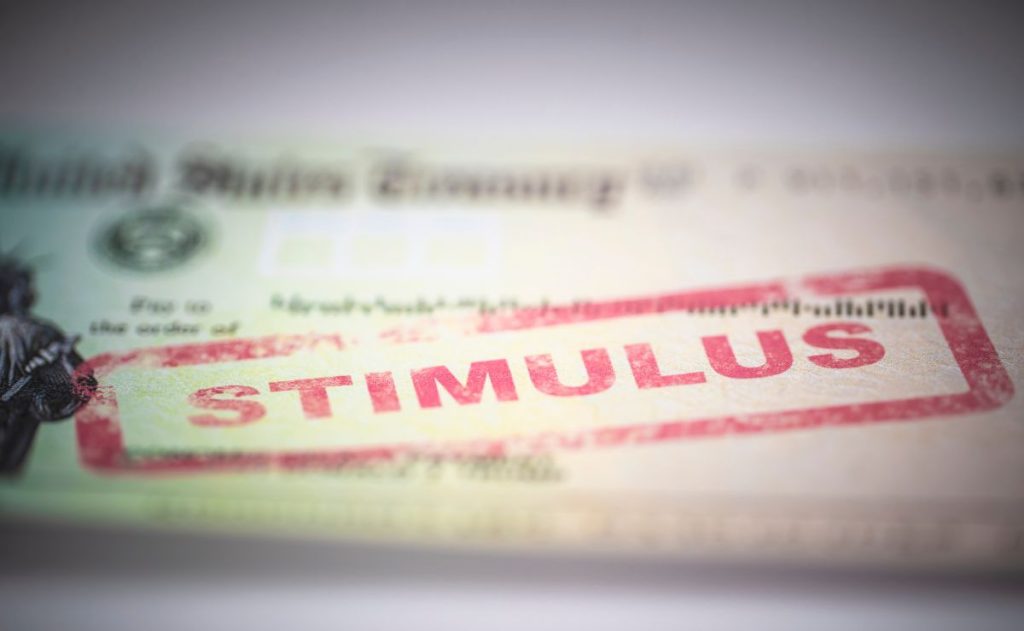Next week, hundreds of thousands of Minnesota residents are set to receive a $260 rebate stimulus check, marking the third round of tax rebates issued by the state. This round specifically targets 128,000 recipients who failed to cash their original checks. Initially distributed months ago by the Minnesota Department of Revenue, some recipients missed the 60-day window for deposit, rendering the checks void.
As per the Department of Revenue, certain taxpayers may have mistakenly thrown away their rebates because of confusion regarding the return address being from Montana. Nonetheless, the most recent set of stimulus checks is clearly marked as coming from the state agency, intending to clear up any potential confusion.
Reissuing Stimulus Checks new opportunity for Minnesotans to claim missed payments
Originally, these payments were approved as part of a $1 billion program, with the remaining payments totaling $48 million. Matt Stratman, President of UnitedTax.AI, expressed optimism, saying, The silver lining is that Minnesotans who mistakenly disposed of their checks will now have another opportunity to receive them.
However, receiving the reissued checks from the state doesn’t negate the importance of promptly monitoring and cashing them. “It’s crucial not to allow your rebate check to expire for the second time,” advised Stratman. “If these checks go unclaimed, the Minnesota Department of Revenue has stated that they will eventually be transferred to the Minnesota Department of Commerce’s Unclaimed Property Division.”
Despite Minnesota’s approval of the rebates, they haven’t been shielded from criticism. Many residents are dismayed by the fact that recipients owe between $26 and $57 on federal taxes as a result of the rebate. This determination came after the IRS declared that the payments didn’t qualify as pandemic aid due to the elapsed time since the pandemic’s onset.
Marquart previously expressed disappointment, stating, “I can say it was a big disappointment. We’ve got a good working relationship with the IRS…but we grudgingly accept the decision, of course.”
To report the rebate amount on your 2023 income taxes, taxpayers should utilize the 1099 form they received. For those who haven’t yet received their rebate by May 1 but are eligible, Minnesotans can reach out to the department at 651-556-3000.
Other State Rebate Programs
Following the conclusion of federal pandemic-era stimulus checks, numerous states have implemented their own rebate initiatives. Alabama, for instance, distributed a $300 check to joint filers last year, utilizing $393 million from a $2.8 billion surplus in the Education Trust Fund. These refunds were designed to assist residents in offsetting grocery taxes paid throughout the year.
In Arizona, taxpayers received tax refunds in November, with the amount varying based on the number of children or dependents listed. Those with children under 17 received $250 per person, up to a maximum of $750 for three dependents. For dependents over 18, the payment was reduced to $100 each. Virginians who had a tax liability received rebates ranging from $200 to $400.
Are Stimulus Checks Being Sent to Seniors? Here’s the Truth
Various headlines on websites, videos, and social media convey a similar message, albeit with differing specifics: A “fourth stimulus check” is reportedly en route for older Americans.
The promised amounts exhibit a range: $1,400, $2,000, $2,400, and $4,200. Initially slated for November 2023, then pushed to January 2024, and now February 2024. Eligibility criteria include receiving Social Security benefits, residing in a specific state, or having income below a designated level. Despite the variations, the common assertion is that these “stimulus checks for seniors” are imminent. Except, they aren’t.
“We’ve paid out all the Economic Impact Payments,” clarifies IRS spokesman Anthony Burke, utilizing the official term for the three rounds of federal stimulus payments dispatched to over 160 million U.S. taxpayers as part of the COVID-19 relief measures enacted by Congress in 2020 and 2021. He emphasizes that individuals should refer to IRS.gov for authoritative information.
Valuable Tax Credits for American Homeowners
In a bid to promote sustainable practices and eco-friendly initiatives, the U.S. government has introduced a little-known tax credit that can prove immensely beneficial for qualifying Americans. This often-overlooked credit offers individuals the opportunity to offset their financial burden by up to $6,000.
The main benefit of this advantageous tax credit lies in the installation of solar panels, a move that not only contributes to environmental conservation but also yields significant financial rewards. For those who embarked on this green journey in the preceding tax year, a tax deduction amounting to 30% of the total investment is up for grabs.
To be eligible for this tax credit, homeowners must have completed the installation of solar panels within the last tax year. Additionally, individuals seeking to avail themselves of this credit must possess a tax liability exceeding 30% of the installation cost. It is important to note that this credit operates on a non-refundable basis, meaning it cannot be issued as a refund, underscoring the necessity for applicants to have an ample tax liability.
The scope of this tax credit is extensive, encompassing a variety of sustainable investments. Eligible items include solar panels or photovoltaic (PV) cells, solar water heaters, and energy storage devices boasting a capacity of 3 kWh or more. Moreover, the credit extends to cover various expenses associated with the installation process. This includes contractor labor expenses, covering site preparation, assembly, or initial installation. Permit fees, inspection costs, and developer fees are also considered within the purview of the credit.
